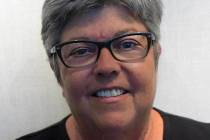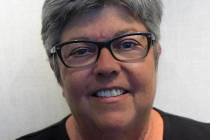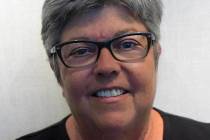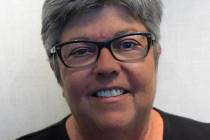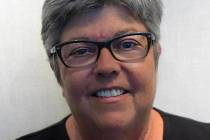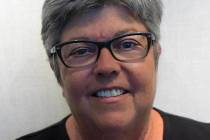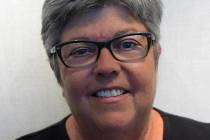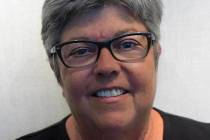A little attitude adjusting goes a long way
Forty years ago this month, I went to a political rally in Chicago at a well-known gathering place called Wozniak’s. Countless Chicago Democrats frequented this bar and restaurant to talk politics and raise a glass or two. If you were a patronage worker or one within the inner circles of the “Daley Machine,” you knew Wozniak’s.
For those unfamiliar with the term “Daley Machine,” it refers to the leader of Chicago’s political infrastructure, led by Richard J. Daley, mayor of Chicago from 1955 until his death on Dec. 20, 1976, while he was serving his sixth term.
I went to the rally for two reasons: First, I was a graduate student working on the history of 20th century U.S. immigration, and second, I knew Eddy Maldonado, a teaching assistant finishing his doctorate, would be there.
So I’m in the back of this smoke-filled room, packed to overflowing with folks who were told: “Be there tonight!” One after another, speakers took to the microphone. Now, if you paid me, I can’t remember their names or what they said, with the exception of one speaker.
A middle-aged, somewhat pudgy, balding guy takes the microphone and begins talking about what makes politics “tick.” He says, “The two most important things about politics are garbage and dog ‘doo-doo.’ ” He didn’t say “doo-doo.”
I’ve forgotten his name but never those words. Politics is what reaches everyone on a “gut” level. Deliver a service. When you can’t or don’t deliver, you lose. Sounds simple, right? Well, let’s examine his words by taking a look at Boulder City.
We can’t look at our city in the same way you look at Chicago, but we can take a look at how residents say they feel about living here and whether the elected officials are doing a good job.
If you take the statistics in Envision 2020 (the city’s strategic plan) seriously, Boulder City government delivers. Seventy-six percent of 400 phone survey respondents believe Boulder City is headed in the right direction, and 95 percent rate the quality of life as good or excellent. Trash came in as a very high priority for these respondents ranking fourth after responsible financial management, reliable management of water, sewer and electrical services and maintenance of local streets and roads.
So, in my opinion, the guy was pretty accurate.
What the guy I heard talk politics 40 years ago didn’t address was the difference between perception and reality. That’s where I believe Chicago and Boulder City or any two cities for that matter are always just what this guy was talking about.
If you had a city job in Chicago, voted correctly, delivered votes for the “machine” or lived in a “good” neighborhood, your perception of Chicago was like the 95 percent of the Boulder City respondents who said quality of life in this city is good or excellent.
As long as a problem isn’t touching you, or you think the problem isn’t touching you, your perception is that everything is just fine.
Boulder City is an exceptional city, but it isn’t perfect. There is nothing wrong with acknowledging we have work to do.
Boulder City has incidents of domestic violence, break-ins, drug and alcohol abuse, child neglect, bullying, unemployment and all the other problems some folks living here think exist someplace else.
I’m not suggesting packing up and moving to some island. I’m suggesting some attitude adjusting. When you think you live in paradise, your perception gets skewed. Rose-colored glasses could blur one’s vision.
We need to look at the “gut” issues of daily life and examine the example we give to our kids. If we expect them to respect rules, remember that when getting into the car, driving home after having a few too many. Examples like this are plentiful.
If you want paradise or Mayberry, don’t leave furniture and television sets on the curb. Go to the landfill. If you want to show responsibility, pick up after your dog.
Rose Ann Miele is a journalist and was public information officer for Boulder City for nine years. She can be reached at roseannrab@hotmail.com or at 702-347-9924.



